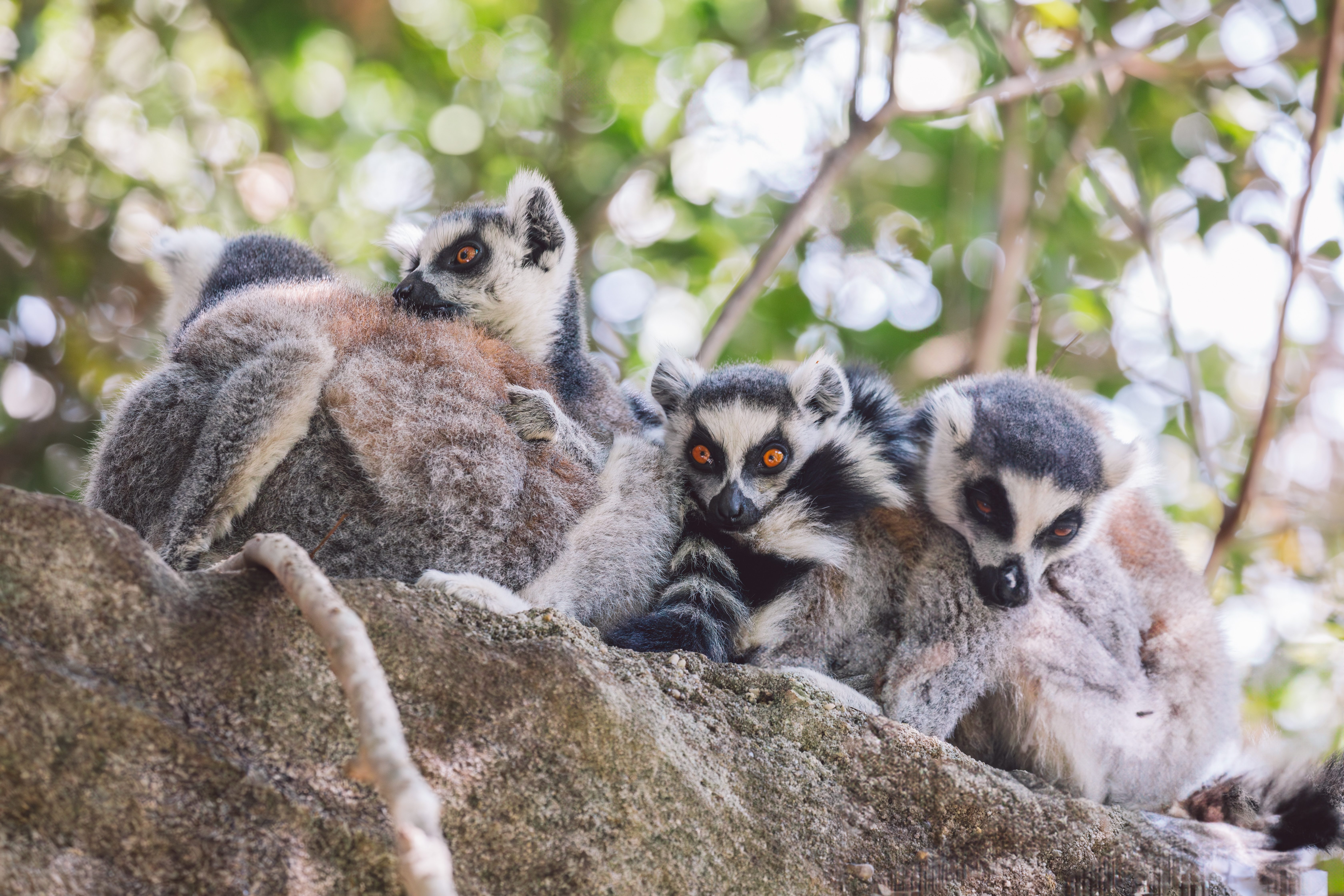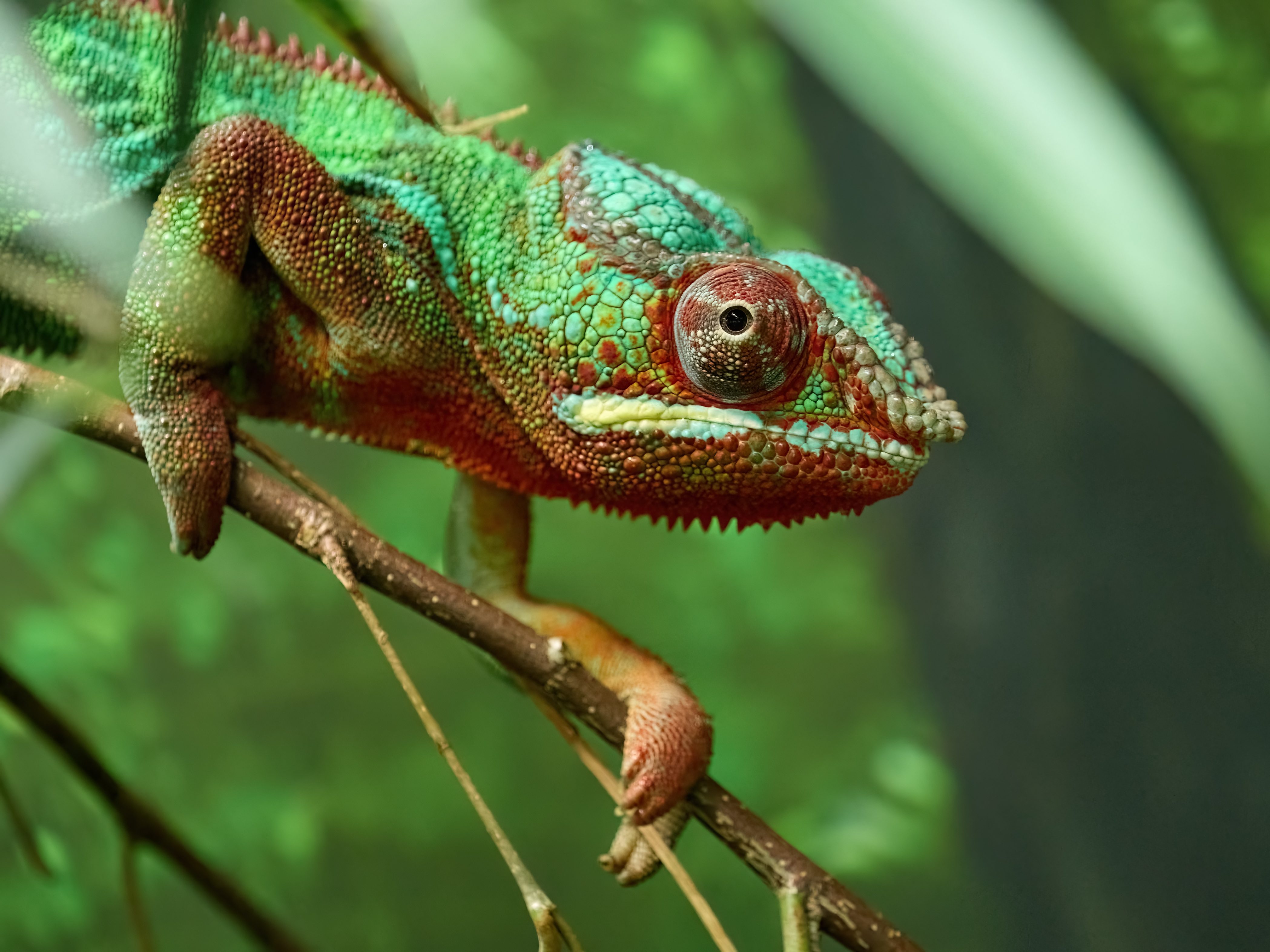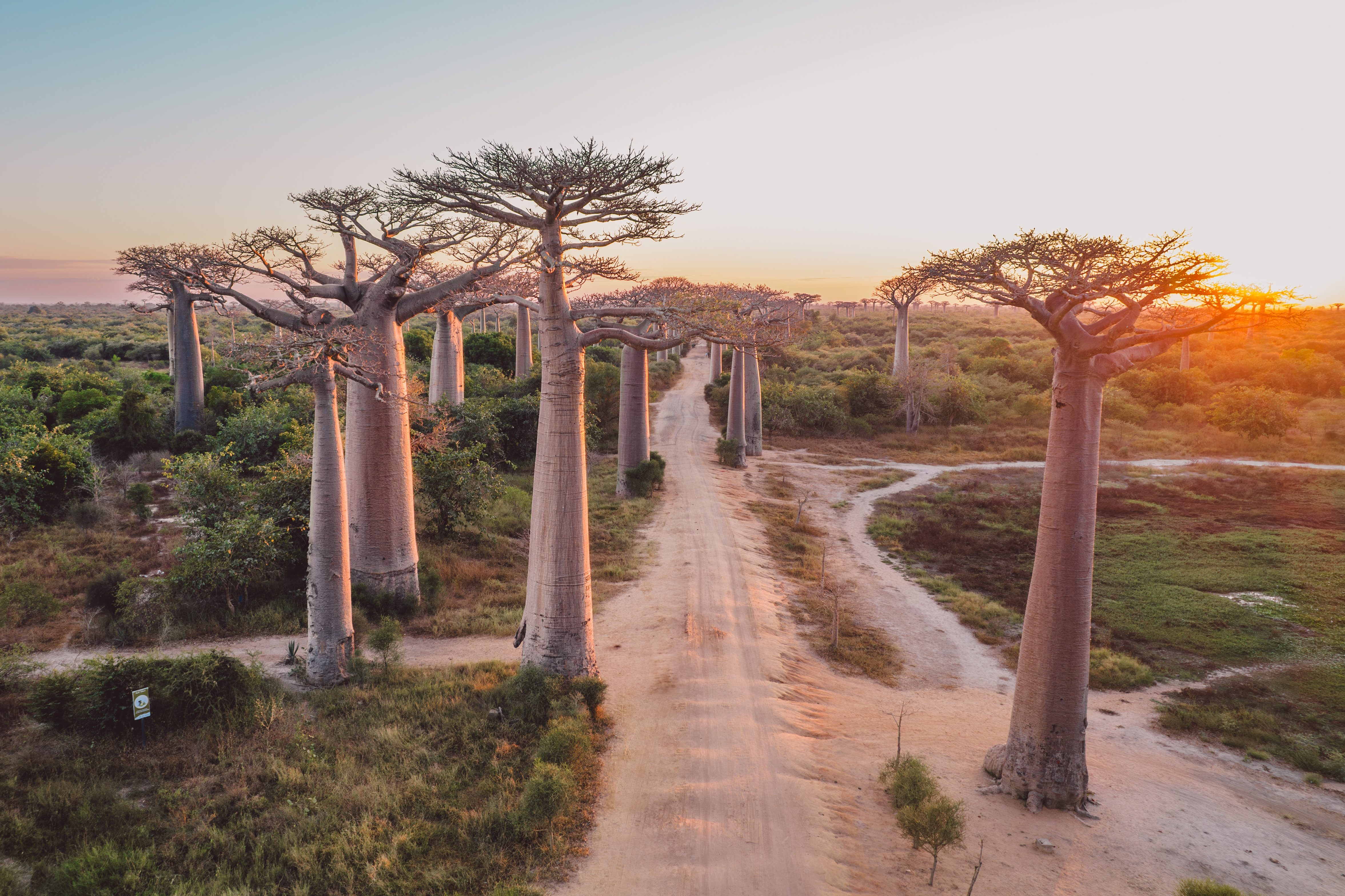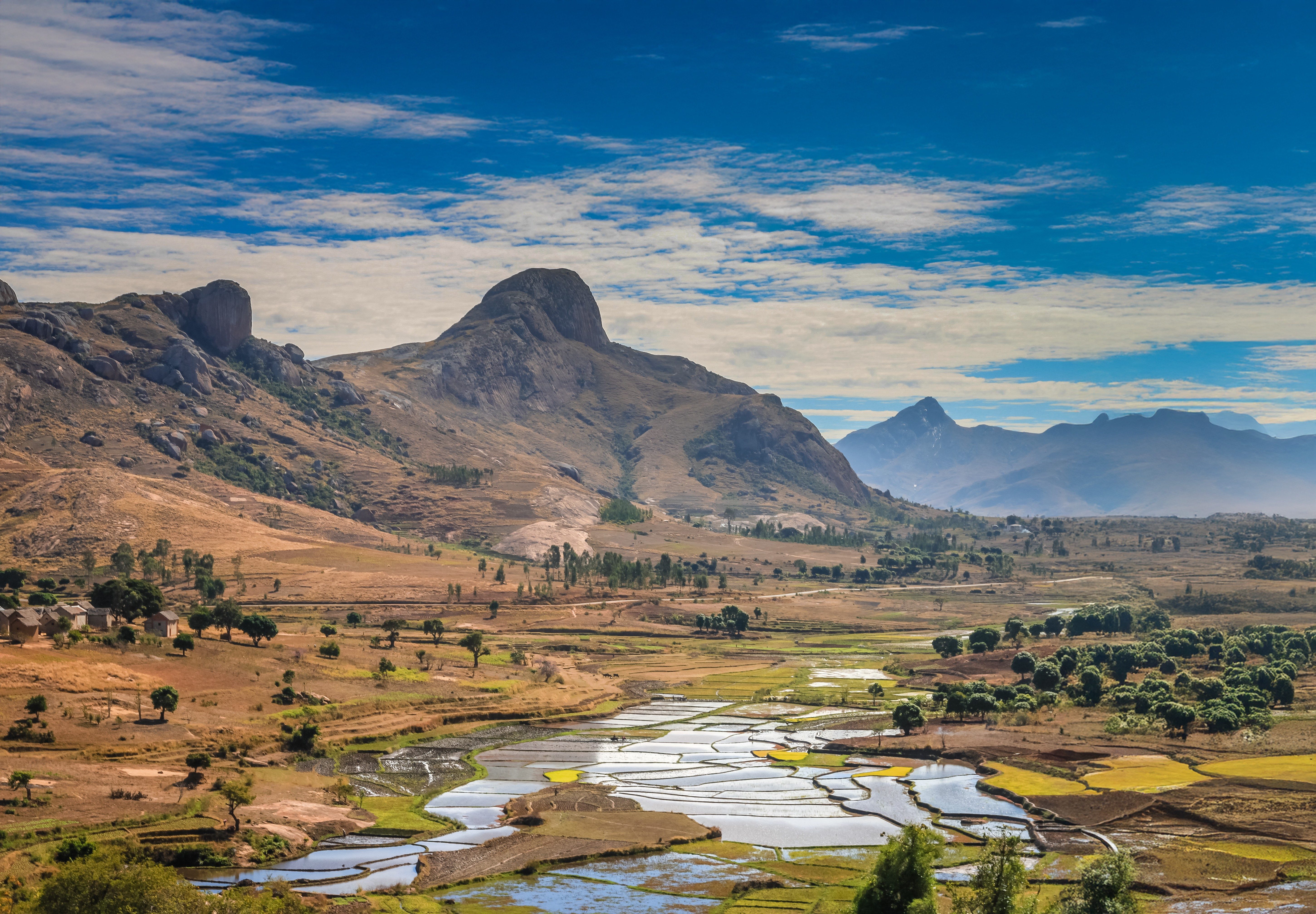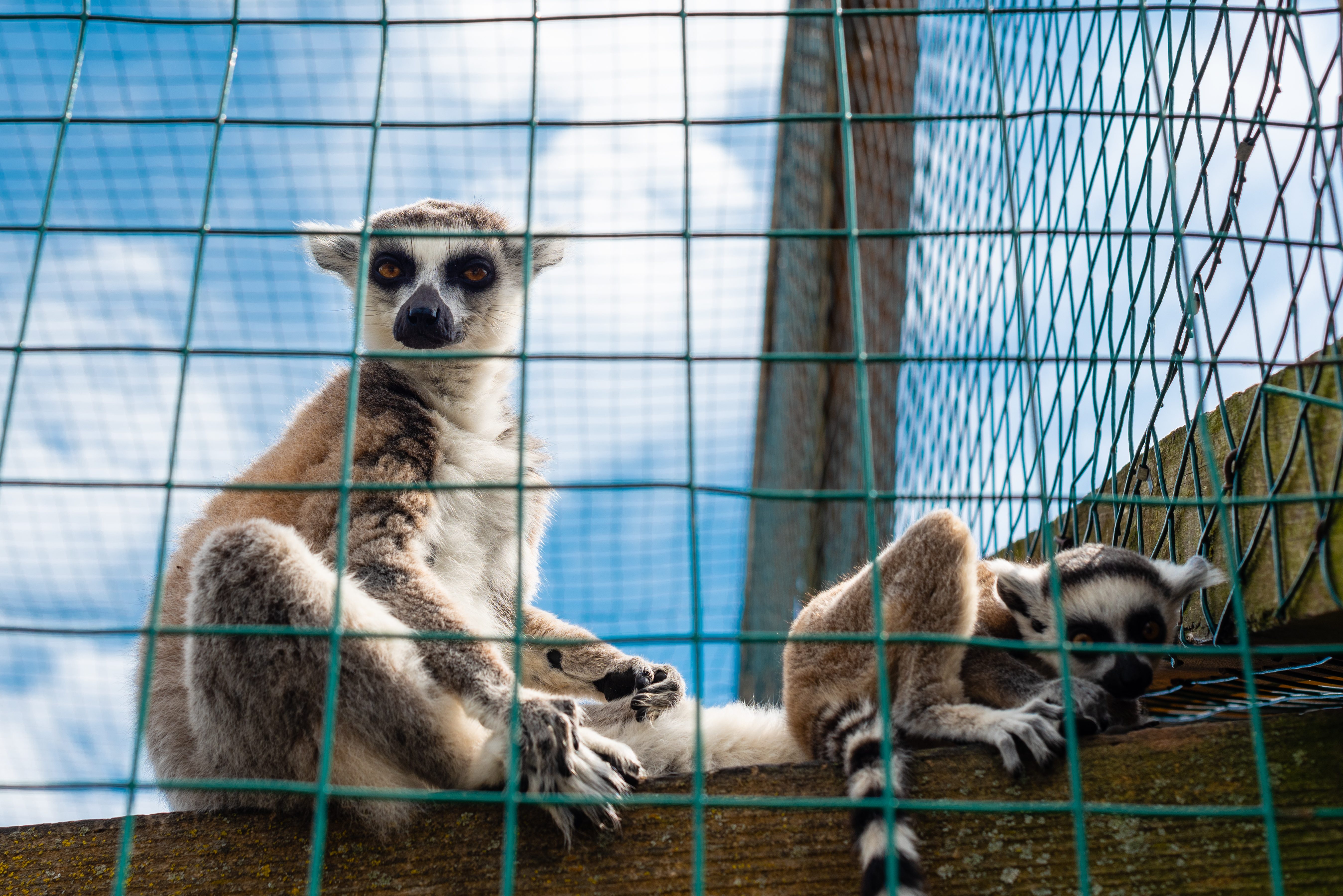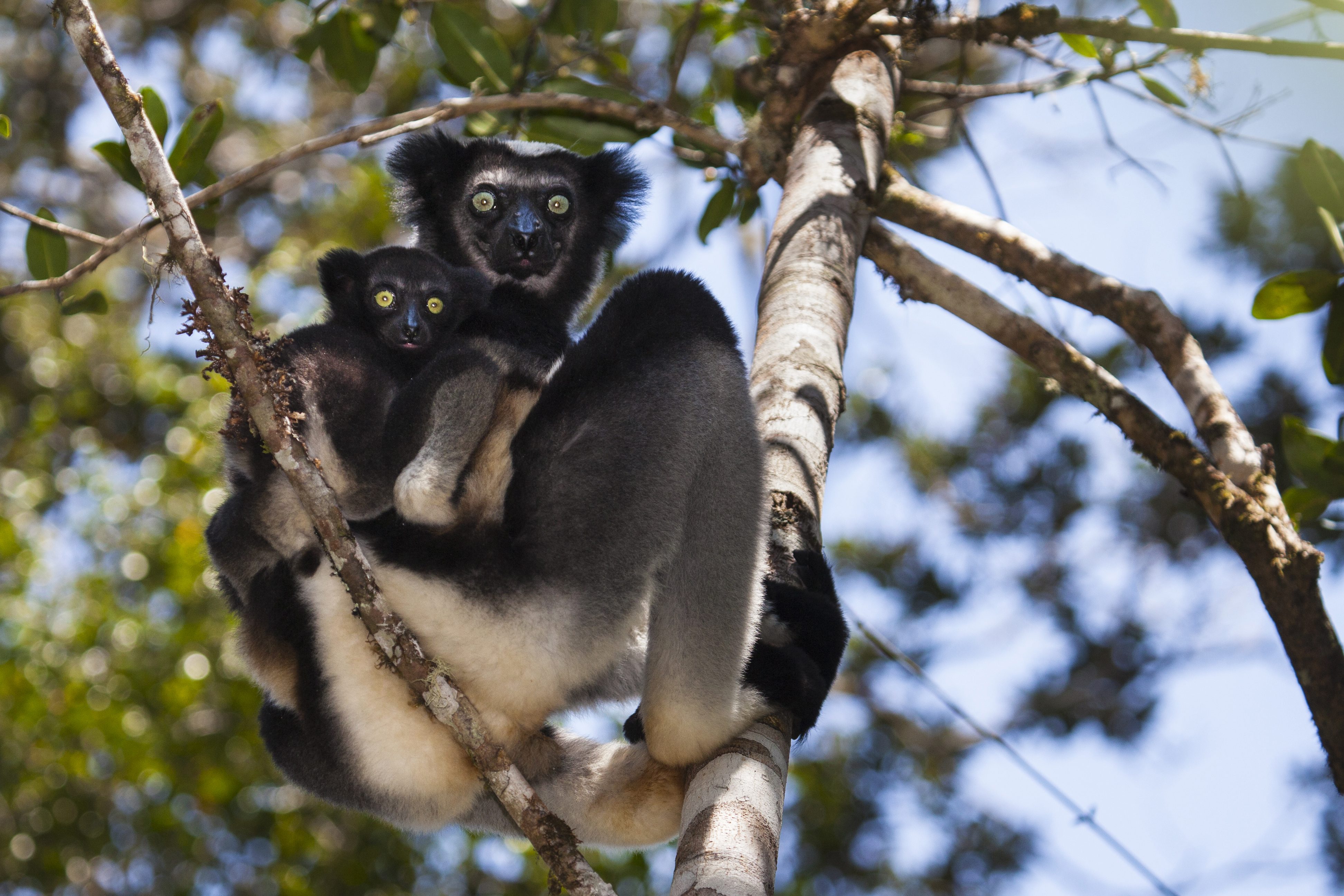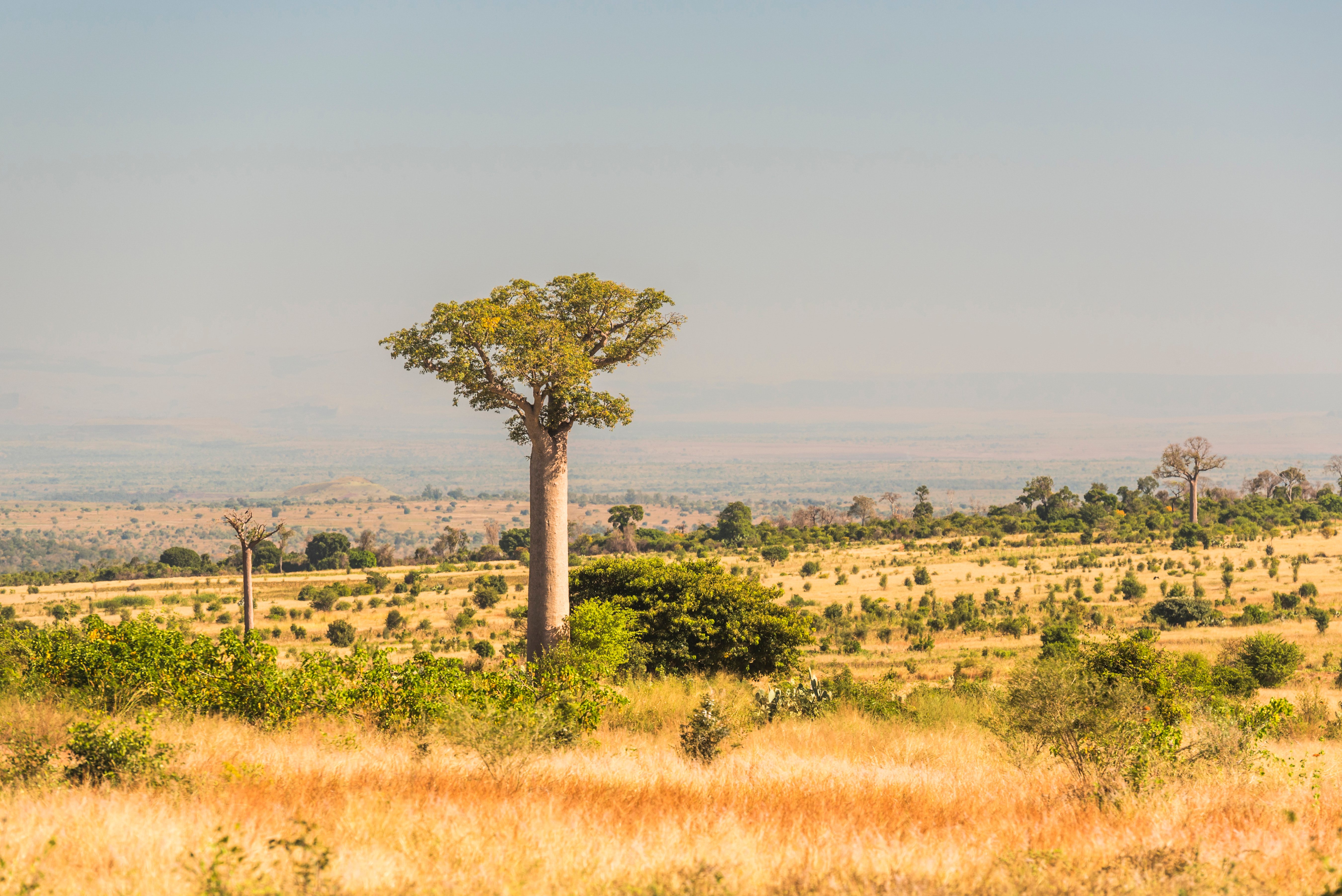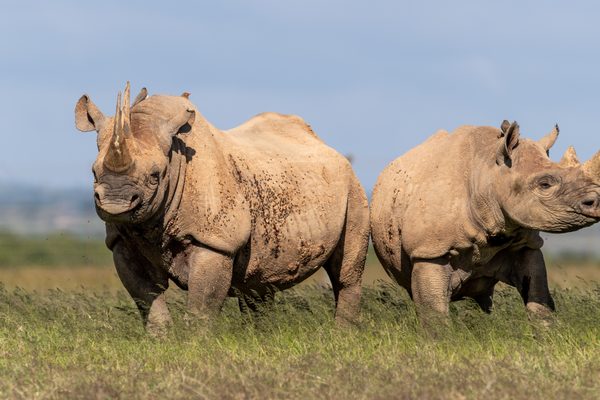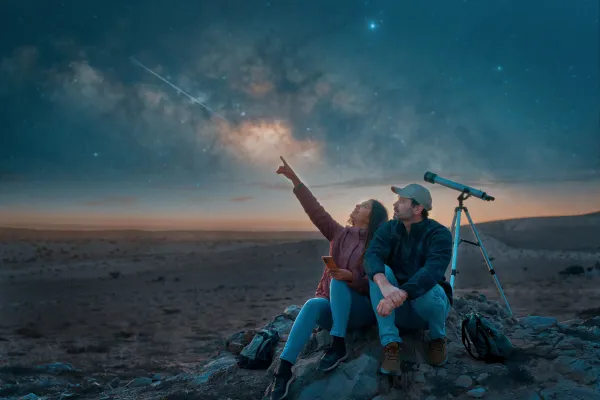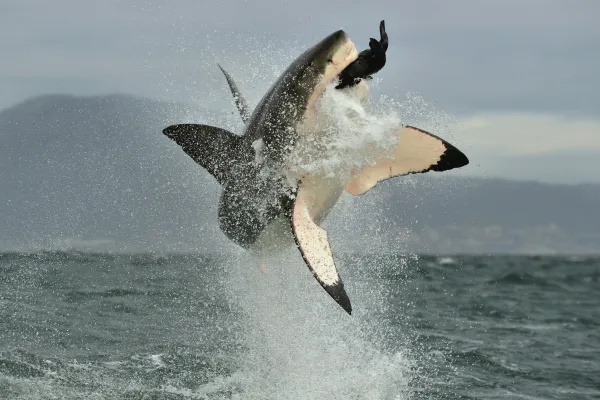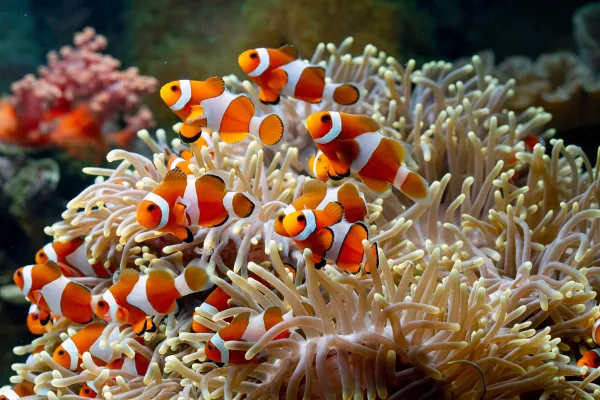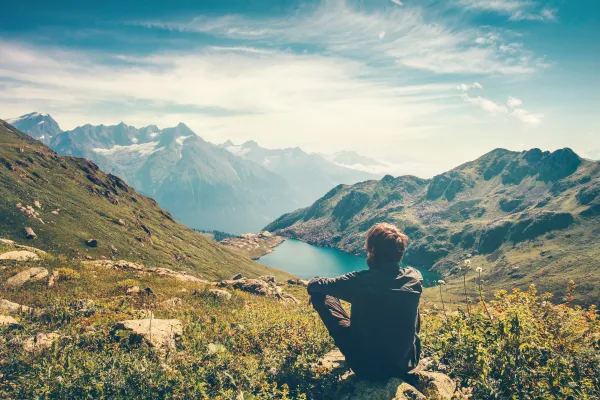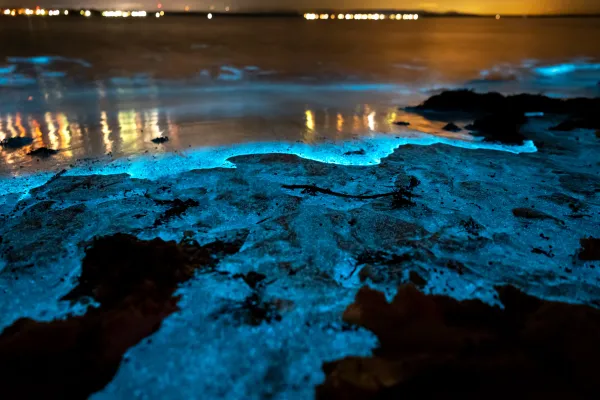Discover Madagascar’s biodiversity: A paradise for conscious travellers
Looking for something different? Really different? Southern Madagascar offers something rare in today’s world: A place where the environment is wild and untouched, tourism is low-impact, and your visit genuinely helps.
There are no turtle sanctuaries doubling as photo ops. No curated experiences that look the same on every feed. No overcrowded beaches or one-size-fits-all packages.
This is not Bali. It’s not Sri Lanka. It’s not Thailand. It’s Madagascar, specifically the deep south, and this nature paradise is unlike anywhere else.
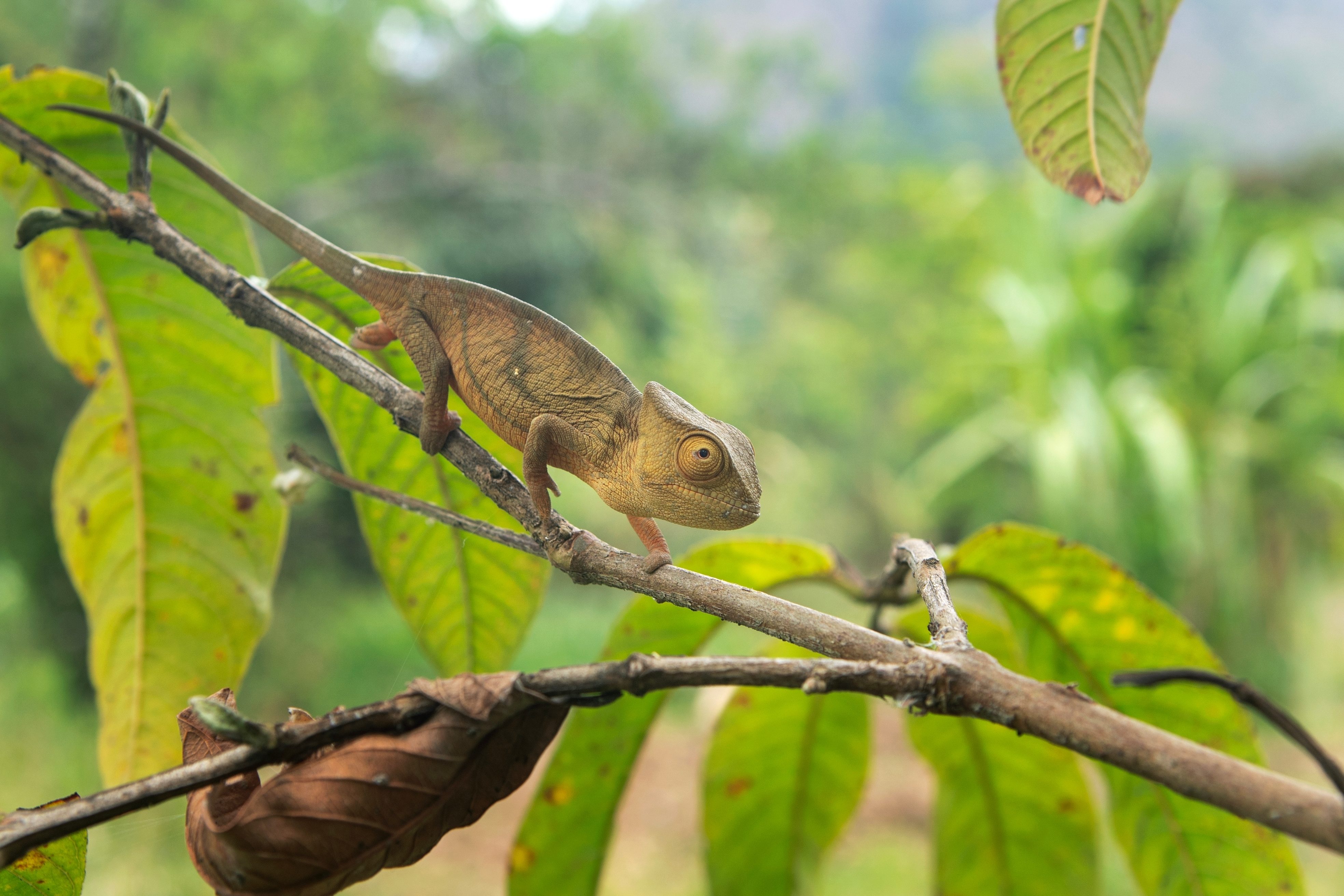
What makes Madagascar so special?
The south of Madagascar is raw, real, and completely off the beaten path. It’s home to surreal spiny forests, ancient baobabs, and rare animals found nowhere else on Earth. Think lemurs calling through the treetops, chameleons the size of your fingertip, and coastal lagoons so calm and clear you’ll feel like the first person to discover them.
It’s also home to communities who still live in close connection with the land and sea, where traditions are alive and every trip supports something real - whether it’s a child’s education, a clean water project, or a sustainable livelihood.
When you travel with intention here:
- You skip the mass-market model and experience something truly personal.
- You travel consciously, dive deep into nature and experience purposeful encounters.
- You connect - with nature, people, and yourself.
And yes - you’ll still have a pretty amazing holiday. Think open-flame BBQs on hidden beaches, swimming in private coves, guided walks with wildlife experts, and hands-on workshops with local artisans.
Lemurs and baobabs: Madagascar’s incredible biodiversity hotspot
Madagascar is one of the world’s most vital and awe-inspiring biodiversity hotspots, a true ecological treasure chest where over 90% of species are endemic—found nowhere else on Earth.
As experts who have spent years exploring its hidden corners, we remain endlessly fascinated by the island’s staggering diversity. Lemurs, from the palm-sized mouse lemur to the hauntingly vocal indri, are just the beginning. In the south, the landscape unfolds like a dream: spiny forests bristle with otherworldly plants and creatures that seem lifted from science fiction, while ancient baobab trees tower like natural monuments, some over a thousand years old.
You’ll traverse a living mosaic of ecosystems – from tangled mangroves and sun-scorched desert plains to secret waterfalls nestled in rocky hills and coastlines that drop dramatically into the Indian Ocean. This is a place where nature thrives in strange and beautiful ways, where every path reveals something new, and where local communities—deeply connected to the land—share their knowledge and welcome you with warmth.
Madagascar is more than a destination; it is a living museum of evolution, wild, rare, breathtaking, and profoundly fragile.
The biggest threats to Madagascar’s biodiversity
Despite its natural riches, Madagascar faces mounting environmental pressures.
- Mining for minerals like ilmenite and sapphires strips forests bare and poisons waterways—often without consent from local communities.
- Deforestation, from slash-and-burn farming and charcoal production, continues to erode vital habitats.
- Climate change is shifting rainfall patterns and worsening droughts, destabilising fragile ecosystems.
- Illegal wildlife trade and irresponsible tourism also leave their mark.
The truth is: some tourism does more harm than good. But yours doesn’t have to.
Conscious tourism in Madagascar: How you can travel responsibly
Madagascar is a land like no other — home to rare wildlife, diverse ecosystems, and vibrant cultures. From lemurs leaping through the trees to centuries-old baobabs, the island offers an unforgettable experience. But as more travellers arrive, it’s important to explore responsibly.
One growing concern is overtourism, especially when it comes to lemur encounters. While seeing these iconic animals is a highlight for most, not all experiences are created equal. Avoid facilities that encourage touching or feeding lemurs for photos — this disrupts their natural behaviours and often supports harmful practices. Instead, choose experiences in national parks and sanctuaries that put animal welfare and conservation first. A quick way to assess this is to check the organisation’s website or Instagram feed before booking. If you see photos of tourists or guides feeding lemurs or posing for selfies with wildlife, it’s a strong sign that the organisation lacks a proper wildlife protocol and may be contributing to poor animal welfare. Ethical travel starts with small decisions like these.
Madagascar isn’t the kind of place you just show up and “wing it.” Infrastructure is limited, distances are long, and public transport is often unreliable. Even seasoned backpackers find it a rugged country to navigate. Without expert knowledge, travellers risk spending more time dealing with logistics than actually experiencing the richness of the island. And more importantly, it’s easy to unknowingly miss or even negatively impact the very ecosystems and communities that make Madagascar so special.
That’s where Miremby makes a real difference. With deep local knowledge and a strong commitment to ethical, responsible travel, Miremby curates journeys that go far beyond surface-level sightseeing. Their trips are carefully designed to benefit local communities, respect cultural customs, and protect Madagascar’s unique biodiversity. By traveling with Miremby, you’re not only ensuring a smoother, safer, and more enriching trip — you’re actively supporting conservation efforts and community-based tourism. It’s a way to experience the island more fully, with meaning and purpose woven into every part of the adventure.
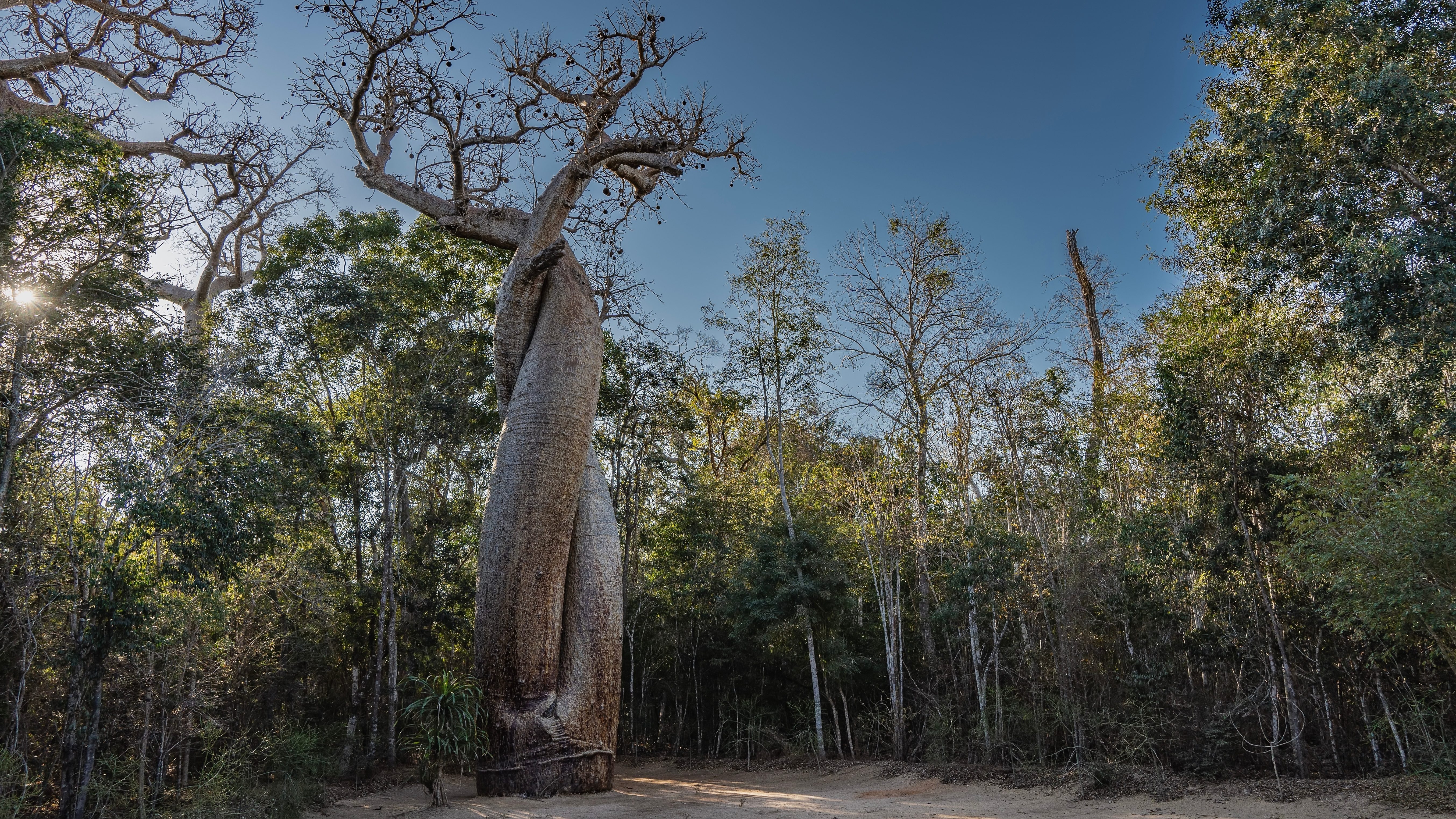
Mindful travel in Madagascar: Exploring with Miremby
Finding a trusted tour operator who truly values responsible travel and respectful wildlife encounters isn’t always easy. That’s exactly why we founded Miremby — to give travellers the chance to experience the beauty of Madagascar while also protecting what makes it so special. At Miremby, we believe that exploring nature and conserving it should go hand in hand. Our trips are designed not only to create unforgettable memories, but to ensure they leave a positive impact — on the ecosystems, wildlife, and communities we visit.”
When you travel with Miremby, you don’t need to research how to travel ethically or second-guess your choices. We’ve already done that work for you. Every step of your journey is thoughtfully designed to support Madagascar’s people, wildlife, and ecosystems in ways that are respectful, meaningful, and genuinely helpful.
You’ll be staying in places that are locally owned, eating food prepared by the hands of those who know the land best, and connecting with communities who are actively protecting their environment and traditions. You’ll move slowly, immersing yourself in the rhythms of the south, rather than racing through a tick-list of sights. And as you walk through the spiny forest, swim in remote coves, or learn to weave with local artisans, you’ll be doing the right thing for the island, often without even realising it.
You’ll learn not through lectures but through real conversations. You’ll connect not through curated performances but through honest, everyday exchanges. All the while, your presence will help and contribute to education, clean water, reforestation, and sustainable livelihoods through the Miremby Foundation.
So yes, you’ll have an incredible experience. But you’ll also be part of something bigger — something lasting. And you won’t have to plan it or worry about it. Just by choosing to travel this way, you’re already making a difference.
A personal note from Madagascar
Madagascar changed my life.
It reshaped how I see conservation, community, and travel itself.
That’s why we created Miremby—to offer something different.
We work hand-in-hand with communities who live in harmony with nature.
Our trips are slow, thoughtful, and ethically run. Through the Miremby Foundation, part of your travel costs go directly to locally chosen initiatives—from reforestation to education to clean water.
If you’re looking for an experience that’s meaningful and magical, this is it.
The south of Madagascar offers nature at its wildest, communities at their most welcoming, and a chance to do good just by choosing to come.
Let’s choose to travel with care.
With gratitude,
Bethany
Conservationist & Co-founder, Miremby
Sign up for the newsletter
By clicking on “Subscribe now” I will subscribe to the Conscious Explorer newsletter with all the information about mindful travel. Information on the success measurement included in the consent, the use of the shipping service provider MailChimp, logging of the registration and your rights of revocation can be found in our privacy policy.

